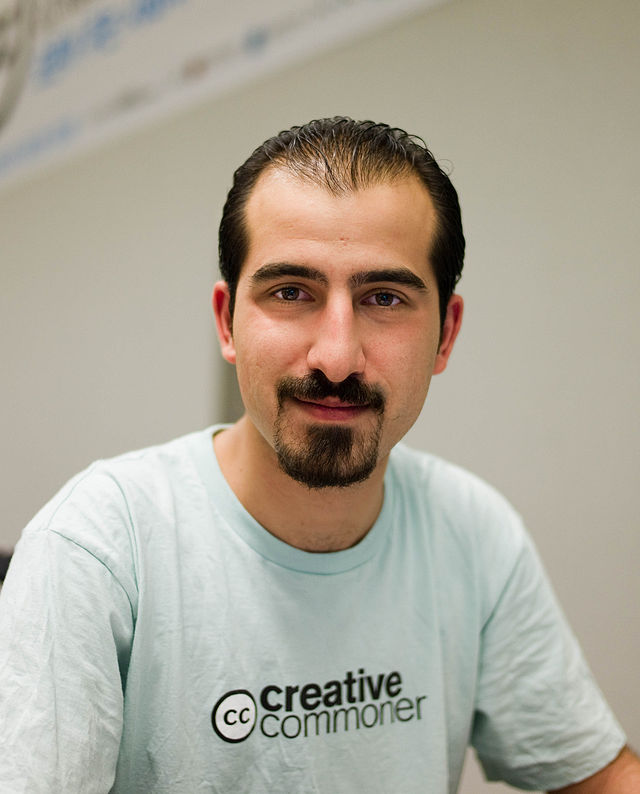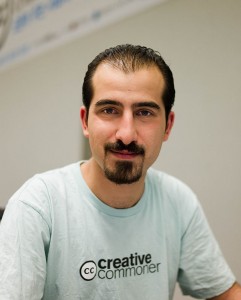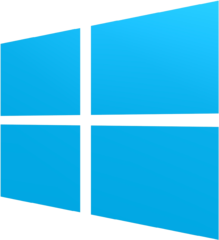FOSS Week in Review
While Larry’s on the West Coast, where it’s never too hot nor too cold, on a brief educational sabbatical, burning the midnight oil while cramming to increase his Linux skills, I’m in North Carolina where it’s not often too cold — at least in my part of the state — but where in summer heat and humidity conspire to make life miserable for homo sapiens. Thankfully, September has arrived, so we’re hopeful that the temps and moisture will soon drop to tolerable levels.
 Meanwhile, in the world of free tech…
Meanwhile, in the world of free tech…
Elementary OS steps up: Not quite four months after the release of version 0.3.0 Freya, the folks at elementary have announced the release of 0.3.1. Although this is officially a minor point release, it does come packed with changes that should make it a must-install for elementary users. Included in the update: Version 14.04.3 of Ubuntu’s Hardware Enablement stack, improvements to the interface in Files, and the latest and greatest version 0.5.11 of the Midori browser.
Christine Hall has been a journalist since 1971. In 2001, she began writing a weekly consumer computer column and started covering Linux and FOSS in 2002 after making the switch to GNU/Linux. Follow her on Twitter: @BrideOfLinux


 Next up on Brother FOSS’s Traveling Salvation Show — pack up the babies and grab the old ladies and everyone go — brings the proverbial tent and revival show to Columbus, Ohio, at the beginning of next month.
Next up on Brother FOSS’s Traveling Salvation Show — pack up the babies and grab the old ladies and everyone go — brings the proverbial tent and revival show to Columbus, Ohio, at the beginning of next month.
 Welcome to the team, Hunter!
Welcome to the team, Hunter!
 “Yet another new filesystem? Why?” Overstreet asks in his post. And then he adeptly answers the age-old question.
“Yet another new filesystem? Why?” Overstreet asks in his post. And then he adeptly answers the age-old question.
 “The code we’re releasing is the server side of what desktop clients connected to when syncing local or remote changes,” said Martin Albisetti, Canonical’s Director of Online Services,
“The code we’re releasing is the server side of what desktop clients connected to when syncing local or remote changes,” said Martin Albisetti, Canonical’s Director of Online Services, 




 We’ll start with the home user.
We’ll start with the home user.
